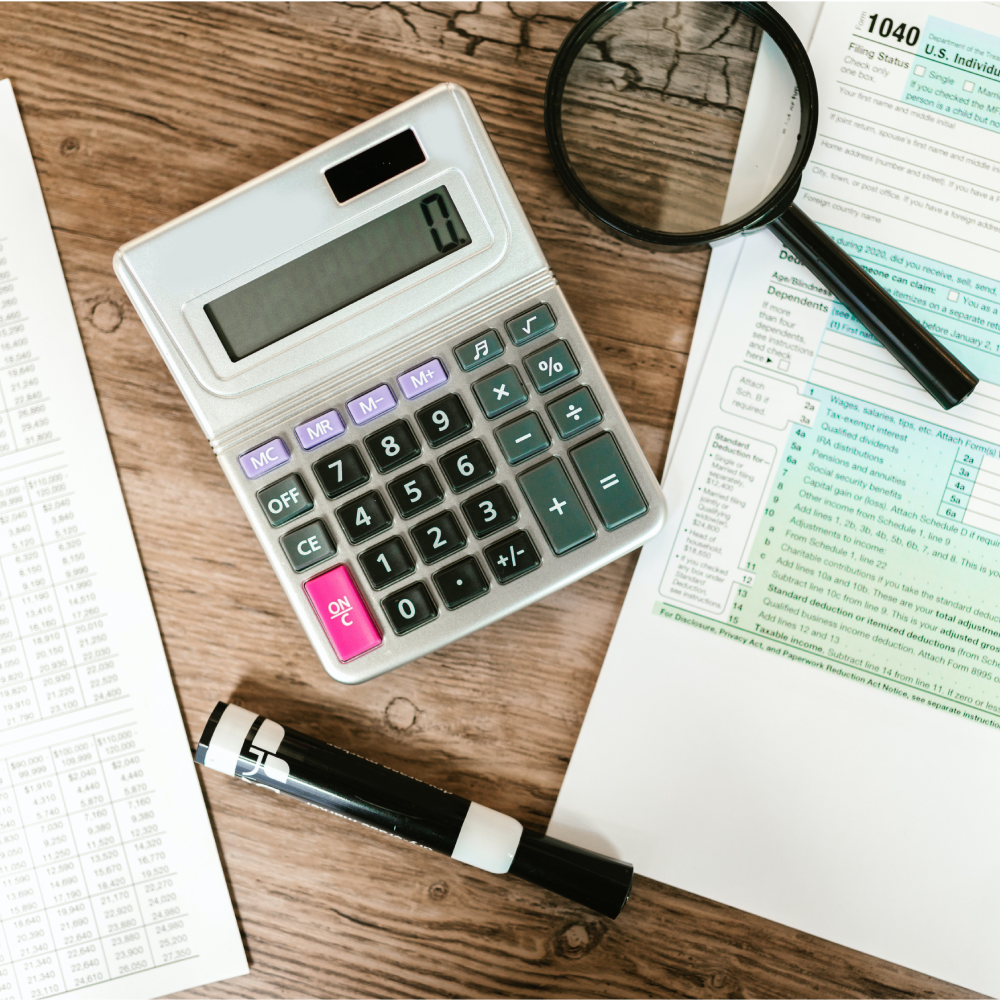
Tax season can have a significant impact on debt collection, both for individuals and for the debt collection industry as a whole. Understanding how tax season affects debt collection can help you manage your debt and avoid potential pitfalls.
For individuals, tax season can affect debt collection in several ways. First, if you are receiving a tax refund, you may be tempted to use some or all of the refund to pay off your debts. While using a tax refund to pay off debt can be a smart financial move, it is important to make sure you are using the money wisely. If you have high-interest credit card debt, for example, using your tax refund to pay off this debt can save you money on interest charges and help you pay off your debt faster.
However, if you have multiple debts with different interest rates, it may be more beneficial to use your tax refund to pay off the debt with the highest interest rate first. This will save you the most money in the long run and help you pay off your debt faster. It is also important to consider the tax implications of using your refund to pay off debt. If you have a tax-deductible loan, such as a student loan or a mortgage, using your tax refund to pay off this loan may not provide the same financial benefit as using the money to pay off a non-deductible debt, such as credit card debt.
Another way that tax season can affect debt collection is by impacting your ability to pay your debts. If you owe taxes and do not have the money to pay them, you may have to use your income or savings to pay the taxes, which can leave you with less money to pay your other debts. This can make it more difficult to pay off your debts and can put you at risk of default.
If you are unable to pay your taxes, it is important to contact the Internal Revenue Service (IRS) to discuss your options. The IRS may be willing to work with you to set up a payment plan or to reduce your tax liability. It is also important to contact your creditors to let them know about your situation and to discuss options for modifying your payment plan. By taking these steps, you can avoid default and protect your credit score.
For the debt collection industry, tax season can also have a significant impact. Many debt collectors rely on tax refunds as a source of income, as some consumers use their tax refunds to pay off their debts. As a result, the debt collection industry typically sees an increase in activity during tax season.
However, the impact of tax season on the debt collection industry is not always positive. If consumers use their tax refunds to pay off their debts, the debt collection industry may see a decrease in the amount of outstanding debt. This can lead to a decrease in revenue for the industry. Additionally, if consumers are unable to pay their taxes and have to use their income or savings to pay their taxes, they may have less money available to pay their other debts, which can also lead to a decrease in revenue for the debt collection industry.
In conclusion, tax season can have a significant impact on debt collection for both individuals and the debt collection industry. For individuals, tax season can provide an opportunity to use a tax refund to pay off debt, but it can also impact their ability to pay their debts if they owe taxes. For the debt collection industry, tax season can lead to an increase in activity, but it can also lead to a decrease in revenue if consumers use their tax refunds to pay off their debts or if they are unable to pay their taxes. Understanding how tax season affects debt collection can help you manage your debt and avoid potential pitfalls.